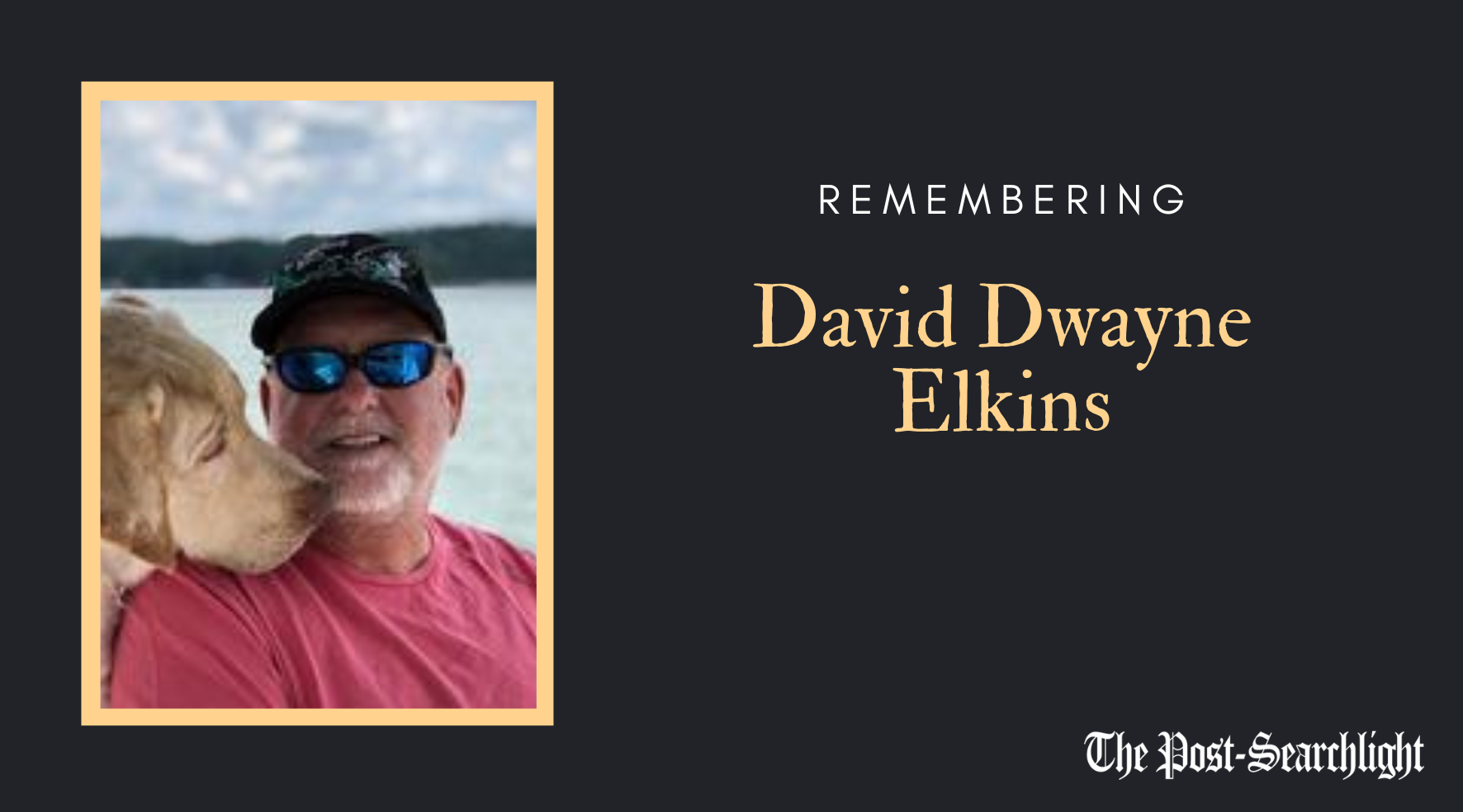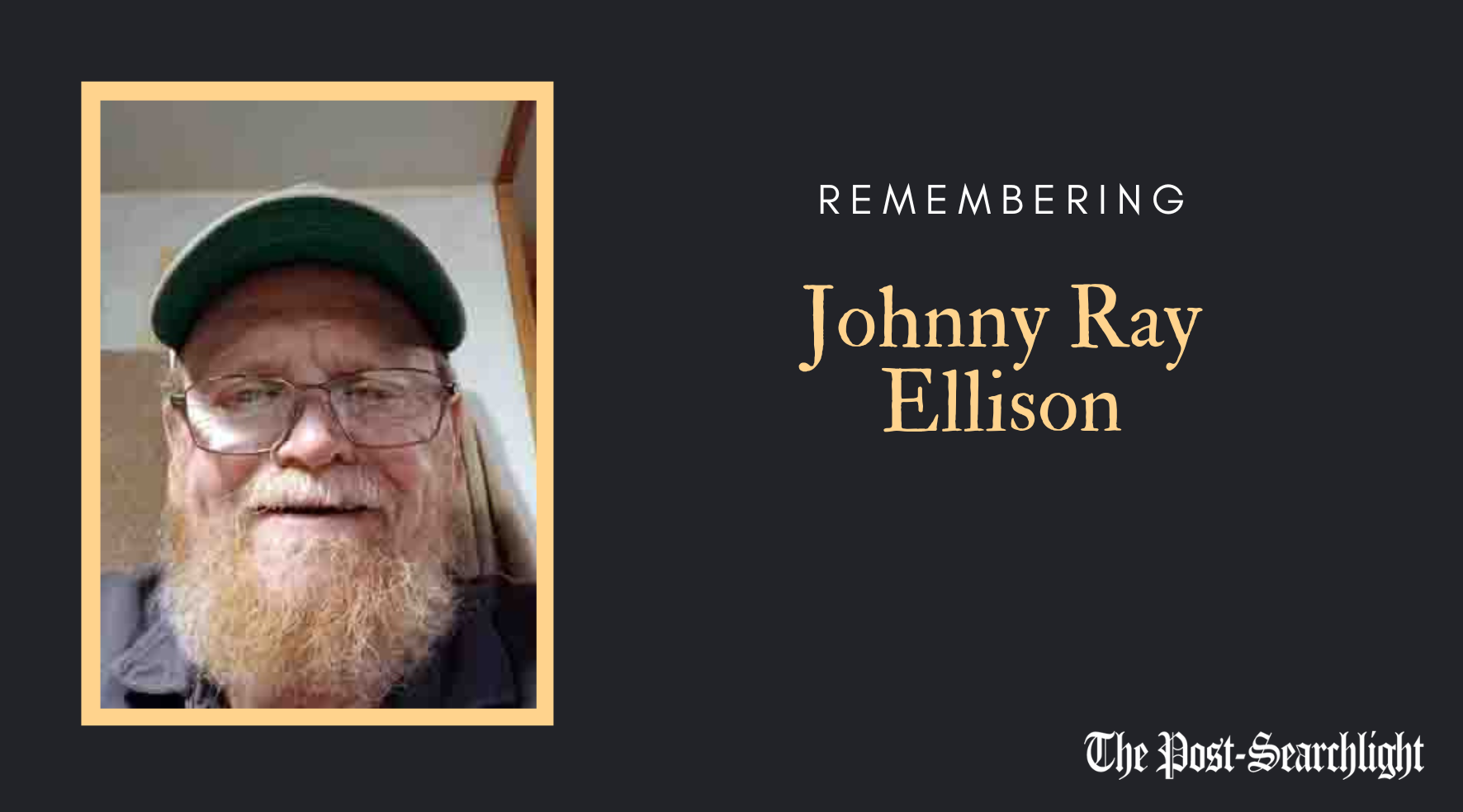No free lunch
Published 3:45 pm Tuesday, July 21, 2009
The columnist was sitting at the table of a restaurant thinking of an idea for his weekly space. He usually stayed away from controversial subjects, figuring that people had plenty of exposure to those. A down-and-outer approached.
“Buddy, could you spare a dime for a cup of coffee?” the man asked. He looked homeless and worn out from life.
“Man, you must be from the old days,” the columnist said. “A dime hasn’t bought a cup of coffee in decades, but, sure, have a seat. In fact, it looks like you haven’t eaten in a while. Let me buy you breakfast.”
Trending
“You’re sitting at Table 8,” the old man said.
“Whaddya mean, Table 8?”
“I used to own this restaurant,” he said. “Look under the tablecloth on the corner of the table. You’ll see the number 8.”
Sure enough, number 8 was right where the old man had said.
Sensing a story, the columnist asked, “Well, how did you go from selling coffee to begging for coffee? What’s your name, old-timer?”
“Doppleman, Harry Doppleman,” came the answer. “This used to be Doppleman’s Fine Foods. It was the best restaurant in town. I owned it and ran it for 25 years. We served the best hamburger steak in the county. Of course, there were some filet mignons for those who had the larger wallets. We did a big business.”
Trending
The newspaper man was intrigued.
“Well how come it’s now known as Uncle Sam’s Diner?”
“That’s a long story, mister,” Doppleman said, “but since the bacon and eggs are takin’ such a long time to get here, I’ll tell you.”
“It’s amazing how hard we worked and how long we were successful,” he continued. “That hard work is a good principle. Plus, being careful with my budget and taking care of my employees and offering the best hamburger steak. All of that added up to a successful business. I thought it would go on forever.”
“What happened?” the newspaper man asked.
Doppleman took a drink of coffee and shook his head. “We used to make better coffee than this. Uncle Sam ought not to be in the coffee business. Well, during the heyday, business was good. Most were satisfied with the good food and the good service and they expected to pay and most people could.”
“Every now and then, though, someone would come in and need a meal, but couldn’t pay. I understood. I didn’t mind giving them a meal, but would suggest that they do something to earn their meal. Like pick up the paper in the parking lot or carry out the trash. I had employees that usually did that, but I figured that it would make the person feel better about eating their meal. And it did. They didn’t feel that I was giving them something for nothing.”
Mr. Doppleman went on to say that for a long time, that was how he helped people. He said he couldn’t count the number of people to whom he had made those kinds of deals. But then, attitudes began to change.
“People started thinking that I should give them a meal without them having to do something,” he said. “I tried to tell them that I had my bills to pay and that I simply couldn’t give food away, but more and more people came to expect a free lunch; almost as if it were their right.”
“Where would they get such an idea like that?” the conversation continued.
Mr. Doppleman replied. “I don’t know, but I did get a visit from City Hall. A friend of mine from the mayor’s office tried to convince me that it was my responsibility to give back to these people for all the money that I had been making over the years.”
“I told him that I did give back and to plenty, but the reasons I had made money over the years was that I had worked hard, lived within my means, and ran a good restaurant. I tried to tell him that my suppliers weren’t giving away their ground beef and neither could I. I told him, ‘There ain’t no free lunch!’”
The newspaperman wondered, “Where’s the bacon and eggs? Sure is taking a long time.”
About that time, their waitress came out and said that all the bacon was gone and they had only one egg left.
“Uncle Sam don’t know nothin’ about running a restaurant,” Mr. Doppleman grumbled. “Anyway, the mayor’s office convinced the city council to pass an ordinance that all businesses with city licenses, including mine, had to set aside a percentage of their product for those who wanted it regardless of whether they could pay or not.”
“At first, I went up on the price of the filet mignon to cover my cost figuring that the wealthy would pay more and help me stay in business. I also decided to add hot dogs to the menu so that those who couldn’t pay would get a hot dog instead of a hamburger steak.”
“Did that work?” the columnist asked.
“Not really,” the old timer said. “The wealthy just stopped coming and those who couldn’t pay didn’t want the hot dogs. They demanded the hamburger steaks. I was caught between the rock and the hard place.”
“What did you do?”
“I struggled for a while,” he said. “I tried cutting my staff, making the portions of food smaller, but in the end, instead of ruining the name of the restaurant, I just decided to close the doors.”
The newspaperman and his friend were still waiting for their breakfast. “I guess that has made you bitter or mad.”
“No, I had my day in the sun,” he said. “You’re the one who should be mad.”
“How come?” was the question.
The old man said profoundly, “Well, here you sit with sorry service, waiting for half a breakfast at Uncle Sam’s Diner, when you could’ve been having a superb experience at Harry Doppleman’s Fine Foods!”
Folks, there ain’t no free lunch.





